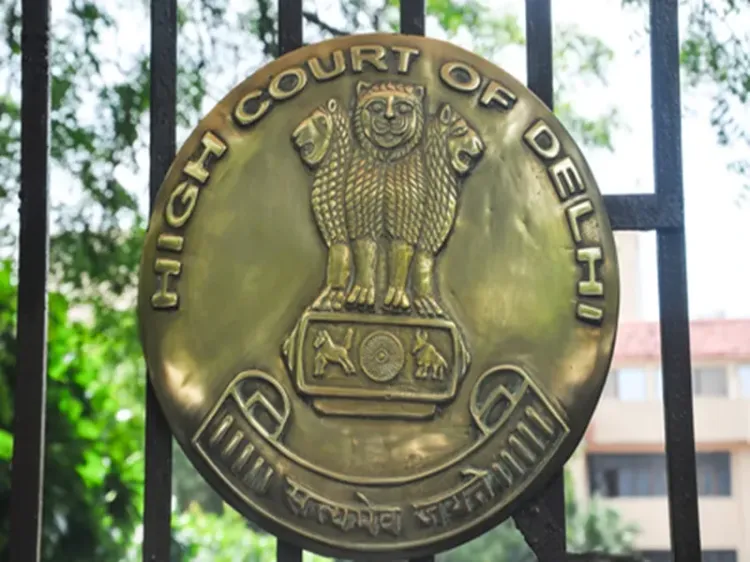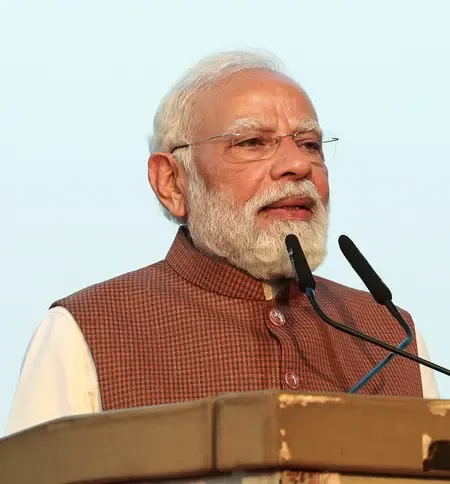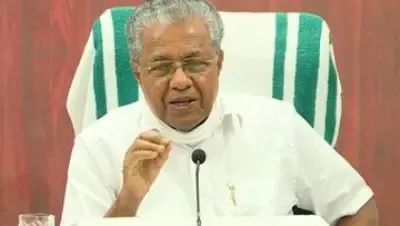Did the Delhi HC Really Reject a Rent Recovery Suit Transfer?

Synopsis
Key Takeaways
- The Delhi High Court dismissed a rent recovery suit transfer petition.
- Petitioners were fined Rs 50,000 for baseless claims.
- Allegations of bias against the trial judge were found unfounded.
- Active participation in trial court proceedings was noted.
- The ruling reinforces the importance of credible evidence in legal actions.
New Delhi, Oct 3 (NationPress) The Delhi High Court has rejected a petition aimed at transferring a rent recovery case from the Tis Hazari Court, labeling the request as “a product of fertile imagination” and imposing a fine of Rs 50,000 on the petitioners.
A single-judge bench, presided over by Justice Saurabh Banerjee, was reviewing a petition that sought to shift the suit concerning rent recovery, mesne profits, and damages from Commercial Court-01, Tis Hazari, to another competent court within the district.
The petitioners raised allegations of bias against the trial judge, claiming he had “allegedly interacted with one of the individuals present in a friendly manner”, who was supposedly linked to the respondents.
Justice Banerjee, however, dismissed these claims as unfounded, stating that “the current petition stems from mere whims and fancies.”
He further noted, “This petition is merely a figment of the petitioners' imagination, consisting of baseless assertions.”
In his ruling, Justice Banerjee highlighted that the petitioners had actively engaged in trial court proceedings, appearing in person on numerous occasions while submitting written statements, statements of truth, admissions, and affidavits.
The bench also pointed out that a similar request for transfer had previously been filed with the Principal District and Sessions Judge but was later withdrawn. Yet, “the petitioners did not include this information with the current petition.”
“Curiously, despite this, the petitioners failed to detail or provide any of the aforementioned documents before this Court,” it stated.
Justice Banerjee remarked, “Through the present petition, the petitioners are attempting to cast unwarranted, fictitious, and misleading aspersions on a sitting Judge, contrary to the records before this Court, and without any supporting evidence.”
Finding no substantial merit in the petition, the Delhi High Court dismissed the appeal, ordering the petitioners to deposit Rs 50,000 with the Delhi High Court Bar Association Lawyers' Social Security and Welfare Fund.
“This Court strongly disapproves of the filing of the current petition, especially when it is based on an imaginary narrative,” the order concluded.









